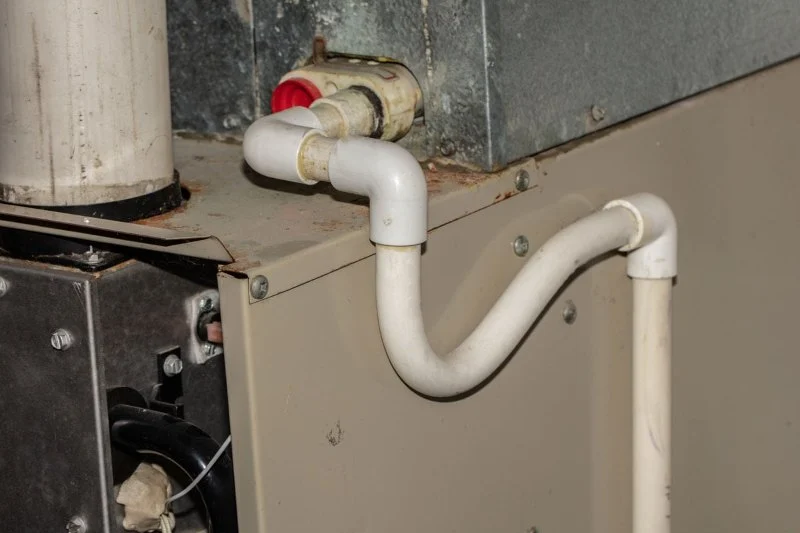
How to Install a Secondary Drain for Air Conditioners
- 1. Understanding the Importance of a Secondary Drain for Your Air Conditioner
- 2. Step-by-Step Guide to Installing a Secondary Drain
- 3. Common Mistakes to Avoid During Installation
- 4. Benefits of Installing a Secondary Drain
- 5. How Plumbers Supply Hub Can Help with Your Drain Installation Needs
1. Understanding the Importance of a Secondary Drain for Your Air Conditioner
Air conditioners are designed to remove moisture from the air, which is then drained away through a primary condensate line. However, when the primary drain becomes clogged or fails, it can cause water damage to your home. This is where installing a secondary drain becomes crucial. A secondary drain acts as a backup to safely direct excess water away from your air conditioner and prevent water overflow that could lead to potential damage.
Many homeowners overlook this important step, but having a secondary drain installed can offer peace of mind, particularly during humid months when air conditioners work harder. It's a simple addition that can prevent expensive repairs and water damage to your property.

Roto-Rooter Plumbing & Water Cleanup
6 S 2nd St #513, Hamilton, OH 45011, USA
2. Step-by-Step Guide to Installing a Secondary Drain
Installing a secondary drain for your air conditioner is a straightforward process that can be completed in a few simple steps. Here's a step-by-step guide to help you through the process:
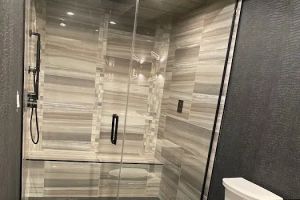
Apex Plumbing & Sewer Inc.
1452 W Irving Park Rd #1, Chicago, IL 60613, USA
Step 1: Gather the Necessary Tools and Materials
Before beginning the installation, make sure you have the following tools and materials:
- Plastic tubing or PVC pipe
- Pipe fittings (elbows, tees, etc.)
- Drill
- Drill bits
- Plumber’s tape or silicone sealant
- Bucket or drainage container
- Level
Step 2: Locate the Primary Drain Line
The first step is to locate the primary drain line, which is typically connected to your air conditioner's evaporator coil. It's important to identify where the water is currently draining from your system to determine where to install the secondary drain.
Step 3: Choose a Suitable Location for the Secondary Drain
Next, choose a suitable location for the secondary drain line. Ideally, this should be installed slightly lower than the primary drain to ensure gravity feeds water through the backup drain. Ensure that the location is easily accessible for maintenance.
Step 4: Install the Drain Line
Using your drill and the appropriate drill bit, create a hole near the primary drain line. Insert the PVC pipe or plastic tubing into this hole, ensuring it fits securely. Use plumber’s tape or silicone sealant to secure the pipe and prevent leaks.
Step 5: Connect the Secondary Drain to the Primary System
Now, connect the secondary drain pipe to the air conditioning unit. You can connect the secondary drain directly to the existing condensate line or direct it to a separate drainage system, such as a floor drain or sump pump. Be sure to check for any air gaps or leaks.
Step 6: Test the System
Once everything is connected, test the system by running the air conditioner and checking for proper drainage. Ensure that the water flows freely through both the primary and secondary drains, without any blockages or leaks. Use a level to ensure the pipes are installed at the correct angle for optimal water flow.
3. Common Mistakes to Avoid During Installation
While installing a secondary drain is a relatively simple process, there are some common mistakes that can hinder its effectiveness:
- Incorrect Slope: Ensure that the secondary drain line is installed at the proper slope to allow for proper drainage. If it’s not angled correctly, water may not flow freely, causing backup.
- Improper Sealing: Be sure to properly seal any connections with plumber’s tape or silicone to prevent leaks that can cause water damage.
- Clogging Risks: Avoid using flexible tubing or low-quality piping that could easily become clogged with debris over time. Using rigid PVC pipe is a more durable option for a reliable drain line.
- Neglecting Regular Maintenance: While a secondary drain can help prevent damage, regular cleaning and maintenance are still necessary to avoid clogs and ensure optimal performance.
4. Benefits of Installing a Secondary Drain
Installing a secondary drain for your air conditioner offers several key benefits that can save you from costly repairs and headaches down the road:
- Prevents Water Damage: By providing a backup drainage system, a secondary drain helps prevent water from overflowing and damaging your property.
- Improves Air Conditioner Efficiency: A backup drain ensures that your air conditioner operates efficiently, even when the primary drain becomes clogged.
- Peace of Mind: Knowing that you have a secondary drain in place can give you confidence that your air conditioner will continue to function properly, even during high humidity or heavy usage.
5. How Plumbers Supply Hub Can Help with Your Drain Installation Needs
If you're ready to install a secondary drain for your air conditioner, Plumbers Supply Hub is here to help. We offer a wide selection of high-quality plumbing tools and materials, including PVC pipes, fittings, and accessories necessary for a smooth and successful installation. Whether you're a DIY enthusiast or a professional plumber, we have everything you need to get the job done right. Visit our website today to explore our product offerings and get expert advice on your next plumbing project!


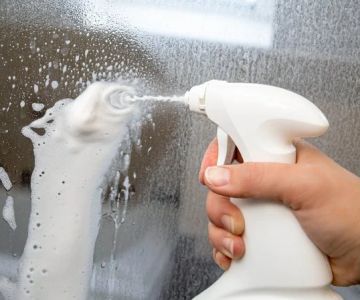
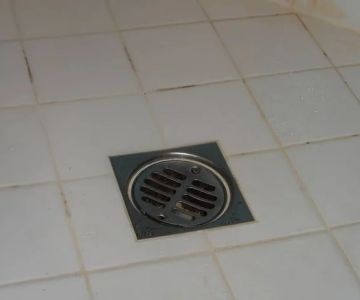
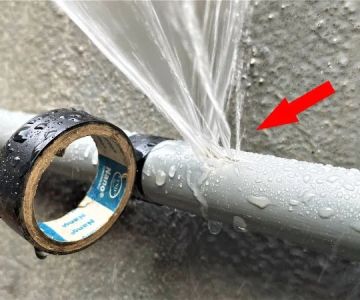
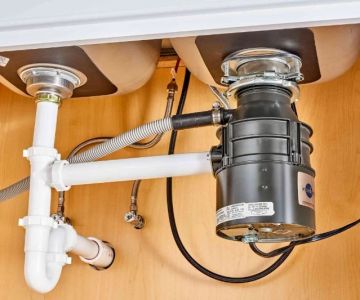
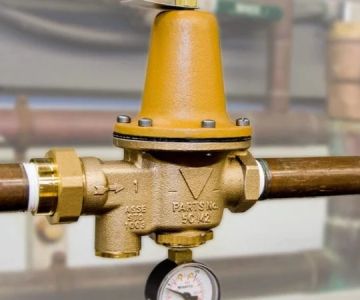
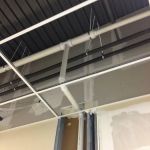 TMZ Plumbing, Inc.4.0 (203 reviews)
TMZ Plumbing, Inc.4.0 (203 reviews)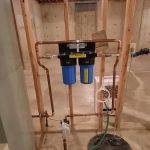 Blakley Plumbing Inc.5.0 (25 reviews)
Blakley Plumbing Inc.5.0 (25 reviews)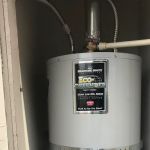 Plumber Los Angeles, Los Angeles Plumbing, A.C. Company4.0 (7 reviews)
Plumber Los Angeles, Los Angeles Plumbing, A.C. Company4.0 (7 reviews)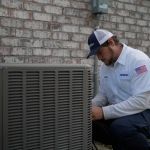 Maynard Plumbing Heating and Cooling4.0 (1373 reviews)
Maynard Plumbing Heating and Cooling4.0 (1373 reviews) David Kozak Plumbing4.0 (8 reviews)
David Kozak Plumbing4.0 (8 reviews)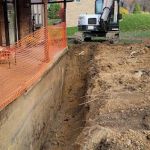 Housholder Associates plumbing and excavation4.0 (4 reviews)
Housholder Associates plumbing and excavation4.0 (4 reviews) How to Prevent and Fix Toilet Clogs | Expert Solutions
How to Prevent and Fix Toilet Clogs | Expert Solutions When to Use Chemical Drain Cleaners with Caution: Risks and Safe Alternatives
When to Use Chemical Drain Cleaners with Caution: Risks and Safe Alternatives What to Do When Your Bathtub Drains Slowly: Solutions and Tips
What to Do When Your Bathtub Drains Slowly: Solutions and Tips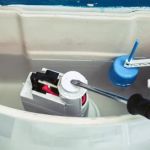 How to Handle a Running Toilet: Quick Fixes and Prevention
How to Handle a Running Toilet: Quick Fixes and Prevention How to Replace a Malfunctioning Pressure Reducing Valve
How to Replace a Malfunctioning Pressure Reducing Valve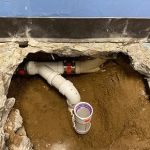 How to Repair a Slab Leak Under the Floor: Step-by-Step Expert Guide
How to Repair a Slab Leak Under the Floor: Step-by-Step Expert Guide